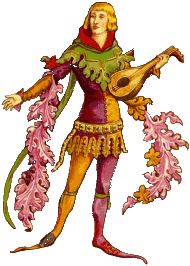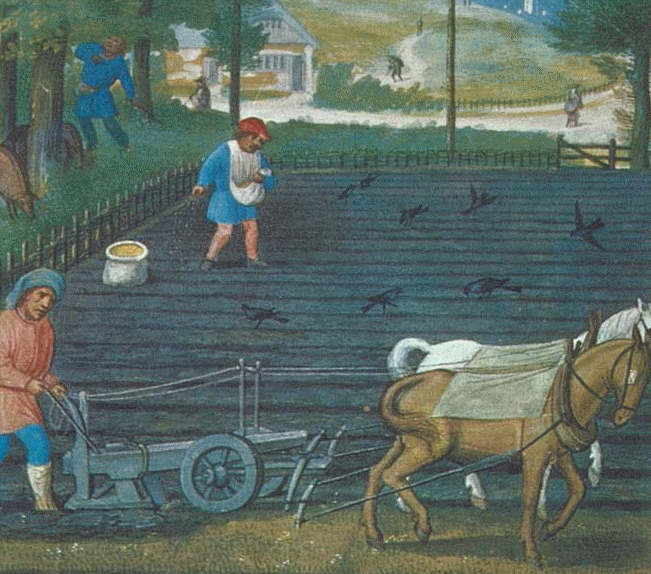1
new social group that emerged in medieval cities and consisted primarily of craftworkers and merchants.
2
representative assembly, consisting of members of the nobility, clergy and inhabitants of the cities, summoned by a king who would ask them for taxes, recruiment of troops, etc.
3
curved plate of a plough, which turns over the earth after the plogh has dug the furrow.
4
thin sheet of material used for writing, drawing or painting, made from the prepared skin of an animal, usually a sheep or goat.
7
part of the administration of the cities. To which the inhabitants delegated their power. Formed by members of the richest and most influential families.
8
people who lent money to the merchants in exchange for interest.
9
the owner of the tools and raw materials, the workshop and the products made there.
10
artistic and architectural style that spread throughout Western Europe between 12th and 15th centuries.
12
code of law in which the king or a lord granted a city certain privileges such as exemption from taxes.
13
medieval association of craftworkers with the same skill or trade, which controlled the manufacture and sale of craft products.
14
group of people who accompanied the king or a noble and his family.
15
big markets that lasted for several weeks and were attended by merchants from different regions and countries.


